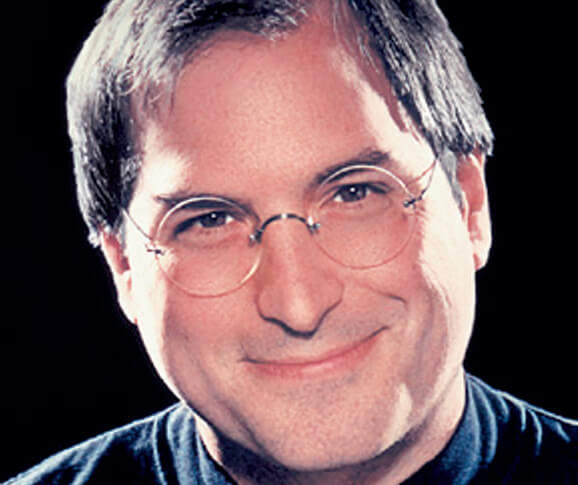The inside track
These days, pretty much everyone acknowledges the good sense of inside-out marketing – whereby brand initiatives are marketed to the company’s own people first, before being taken out to consumers.
In reality, though, things are not quite that simple, since the initiative in question is usually arrived at by speaking to consumers first – searching for insights, probing for unmet needs that could be profitably fulfilled. So, perhaps it should be called outside-inside-out marketing, a clumsy phrase that reflects the true complexity of the road to the big external launch.
Some companies, however, with a hankering for simplicity, have challenged received wisdom by dispensing with that initial ‘outside’ stage. It’s not that they do not talk to consumers before developing new initiatives or products; it’s just that they find them on the inside.
Their logic is simple: our people are consumers, too, buyers of the product or service category we are in, and we can engage with them on that level, fast, frequently and efficiently.
Even better, they have an understanding of our way of doing things, so they can marry their insights as consumers with practical ideas as employees.
They are ‘hybrids’, with one foot outside and one foot inside the business, and their input is all the more valuable for that.
The hybrid approach will not appeal to purists, who insist that consumer groups be recruited carefully to reflect the broad target, without undue bias toward any one brand.
It deserves to be taken seriously, though, if for no other reason than one of its greatest proponents is a certain Steve Jobs.
Jobs has been vociferous in insisting that Apple ‘does not use focus groups to come up with its products.’ Instead, it turns to its own staff – young Californians who know what kind of products they want and constitute as good a marker as any for what will sell.
In Apple’s technology sector, and others such as travel and fashion, hybrids will tend to be ahead of where typical consumers are; they may well have chosen the sector because they like that stuff. This is a bias, to be sure, but it is exactly what you want for breakthrough innovation, since it will give you a feel for where mainstream consumers will be tomorrow.
Jobs explains that this is how the iPod came about: Apple staff would go jogging with the latest Walkman, and muse on how it would be cool to have something smaller, maybe even credit-card-sized, that would hold all your music in one place.
Hybrid research won’t work for every business – you probably need a big pool of employees, to ensure the best consumer ‘fit’, and you need a stable environment inside, since employees with gripes will not be persuaded to think like consumers at all.
It’s worth considering, though, when time and budgets are tight, and when you are bent on innovation that mainstream consumers don’t even know they want yet.
It’s also the best possible way to ensure employee support for the new initiative when it does launch – because it started with them.
The hybrid approach is true inside-out marketing, one that could give your brand an inside track, and you just a glimpse of what it might be like to be inside the mind of Jobs.
‘It’s really hard to design products by focus groups. A lot of times, people don’t know what they want until you show it to them.’

Jobs innovative business thinking since 1976
‘We didn’t build the Mac for anybody else. We built it for ourselves. We were the group of people who were going to judge whether it was great or not. We weren’t going to go out and do market research. We just wanted to build the best thing we could build.’
‘Simple can be harder than complex: you have to work hard to get your thinking clean to make it simple. But it’s worth it in the end because once you get there, you can move mountains.’
‘Innovation has nothing to do with how many R&D dollars you have. It’s about the people you have, how you’re led, and how much you get it.’
‘You can’t connect the dots looking forward; only backwards. So you have to trust that the dots will connect in your future. You have to trust in something – your gut, destiny, life, karma, whatever. This approach has never let me down, and it has made all the difference in my life.’
